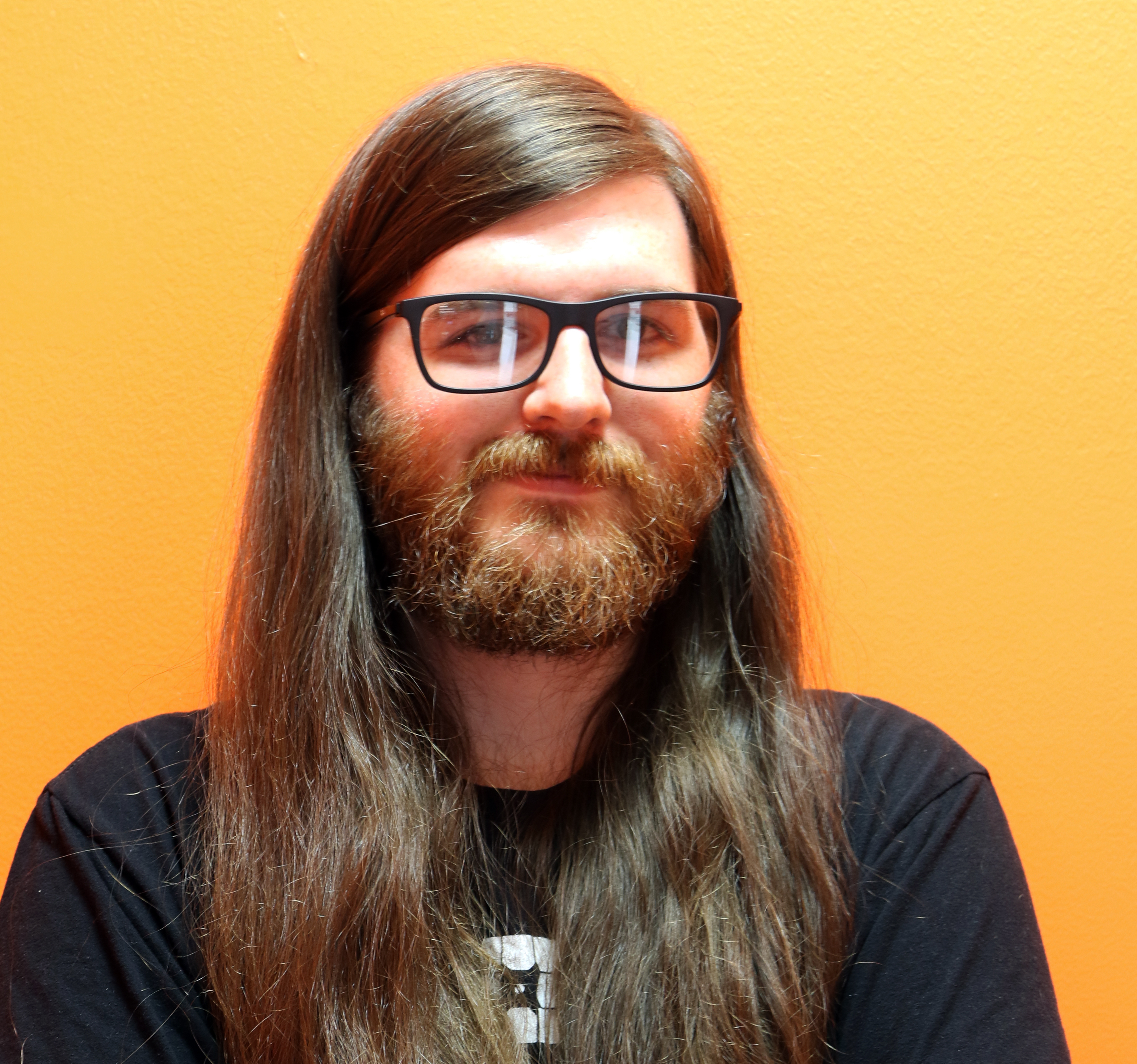Faces of WordPress is a community-centered project that celebrates the people behind WordPress and the projects they create that collectively drive WordPress forward in a way that directly benefits the community or the core software. Share your WordPress story here.
Web hosting is directly tied to the overall success of any online business. While there are several hosting options available for WordPress, the most popular, by far, is managed hosting – a premium offering that provides a suite of technical services, including daily backups, uptime, scalability, updates, speed, security, and more.
Premium hosting is also a big selling point of WordPress. It makes WordPress more accessible to small and enterprise businesses alike. With managed hosting, WordPress is seamless. Users can focus on growing their businesses instead of worrying about their own technical support.
Last year, in 2016, WordPress.org launched a dedicated hosting group, which aims to bridge the gap between WordPress.org and managed hosts. Its goal is to help establish hosting best practices, tools, and processes for the WordPress hosting ecosystem so that WordPress itself can work more effectively with hosts to elevate the WordPress experience.
Though a fairly young group, it includes representation from managed hosting companies across the ecosystem. Software Engineer at WP Engine and group contributor Jason Stallings has been involved with the hosting group since its launch.
WordPress is the right CMS for the job
Stallings first got involved with WordPress in 2007, when he needed a platform to talk about a project he was working on at the time and decided WordPress was the CMS for the job.
“It’s easy to use and shared-hosting friendly so I gave it a try and ended up really liking it,” Stallings said.
At the time, WordPress itself was in a very different place than it is today. It didn’t have pages or any of the other bells and whistles it does today but Stallings found that it was still incredibly easy to modify and tweak it to do the things he needed at the time. Though WordPress today is in a very different place, its ease-of-use and extended customization abilities still ring true.

Just a few years later, Stallings found himself increasingly more involved with WordPress. He began creating plugins and themes – and then started to engage with other developers and folks from the WordPress community.
“WordPress helped me build my online presence – and create sites for customers. It helped me build a career.”
Stallings was one of the early contributors to the WordPress.org hosting group, joining shortly after it was created. One of his first projects to tackle was distributed unit tests for hosts testing WordPress core. This infrastructure will allow hosting providers to test WordPress as part of a routine process as a way to have better environment coverage.
This is something that Stallings has been interested in for some time and jumped at the opportunity to lead the effort.
The hosting group today has over a dozen contributors and meets weekly on Slack to discuss different items that can further improve the way WordPress core and hosting providers work together.
“We have good participation from different hosts… we tackle different host-related topics and identify the hosting best practices.”
The group also helps document all of the things that are working really well for different hosting providers, a valuable effort that could help set standards in the hosting ecosystem.

For many people, WordPress hosting is a huge part of the decision in why they use WordPress.
“Hosting providers help with the overall adoption – it makes it easy for people to use WordPress,” Stallings told Torque.
As WordPress takes on the rest of the internet, hosting providers will definitely play a role in this growth. The WordPress.org hosting group will help standardize some WordPress hosting best practices and improve the overall WordPress experience for users. It will also help standardize communication processes around security issues and pre-releases, all of which have positive implications for WordPress users.
“For anyone interested in contributing to the hosting community group or the distributed unit testing project, please join us at #hosting-community on the Making WordPress slack,” Stallings said.
Go to Faces of WordPress for more stories.

No Comments